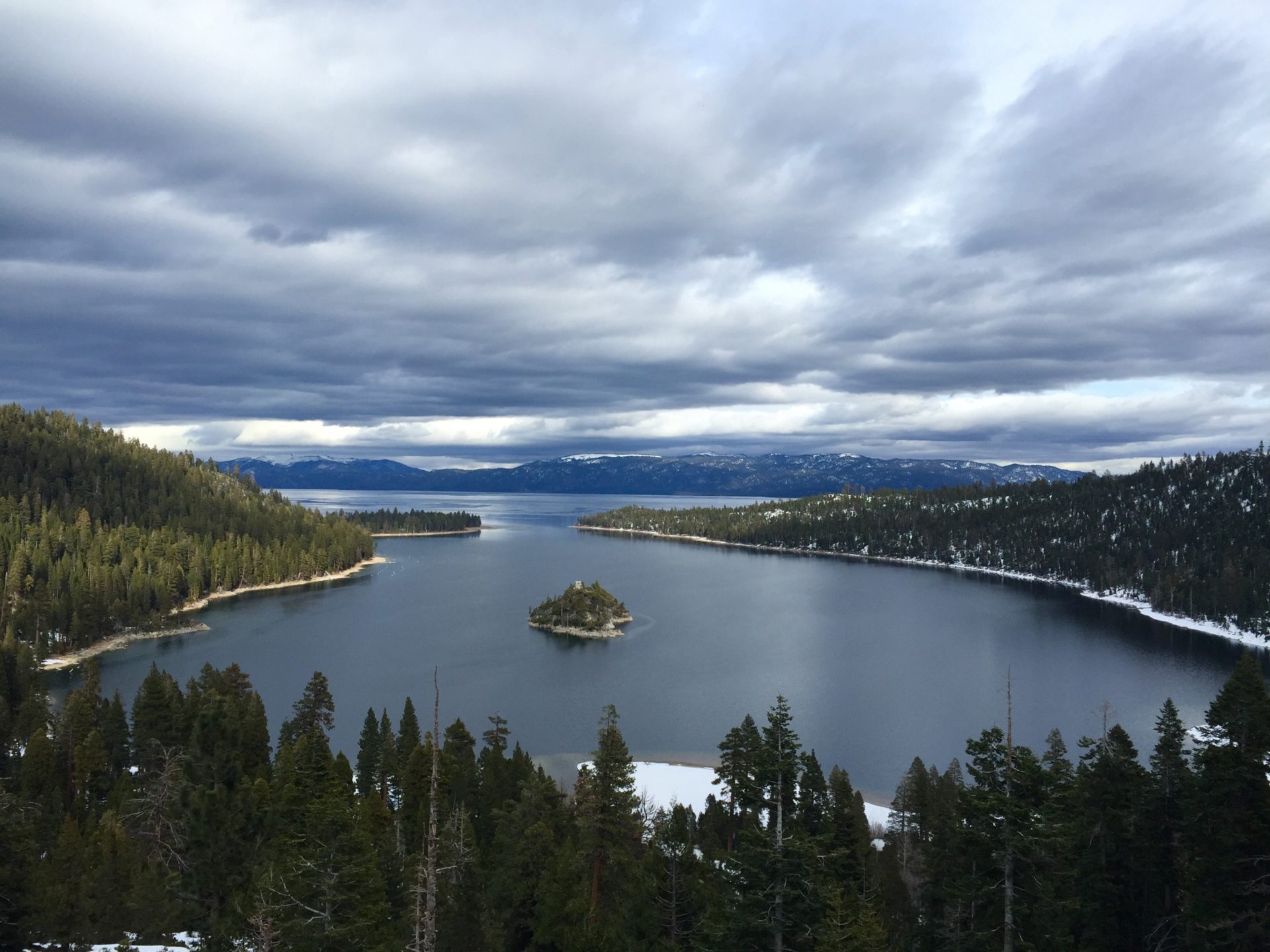Is the Ukraine Crisis Escalating?
Colleagues:
There have been numerous articles written on the current crisis over Russia’s actions and intentions relative to Crimea and eastern Ukraine. Moscow has amassed more troops along Russia’s southwestern border with Ukraine, possibly foreshadowing another annexation—this time of eastern Ukraine.
I’m not sure how much everyone wants to read on this crisis, but here are some links to articles or compendium of articles you might wish to peruse.
First, the Carnegie folks have put together some short pieces on various aspects of the issue—in particular, you might pay particular attention to the first article on the severely weakened state of Ukraine—it’s faltering economy, its outdated and outmanned military, and its lack of competence at the governing levels.
Click here: What Are the Global Implications of the Ukraine Crisis? – Carnegie Endowment for International Peace And this excerpt from today’s FP SitRep, including alarming assessments by the Intel Community regarding the significance of the massing of Russian troops:
The Daily Briefing from FP’s National Security Channel
Friday, March 28, 2014
FP’s Situation Report: An invasion of Ukraine increasingly likely, intel sources say
Intel officials have told Obama there is mounting evidence that Russia is preparing for a possibly imminent invasion of Ukraine. With FP’s Shane Hudson, Yochi Dreazen and a small assist from ourselves: “American intelligence agencies have told Obama administration officials and key congressional staffers that there is mounting evidence that Russia is putting the pieces in place for an invasion of eastern Ukraine, and that the possibility of an imminent assault cannot be ruled out, according to people with direct knowledge of the matter.
“The numbers of troops near Russia’s border with Ukraine have been steadily increasing since Russian forces conquered Crimea in February. And near Ukraine’s eastern border, troops are reportedly being supplied with food and medical supplies, which they would need in the event of further operations — a development that U.S. intelligence agencies have noted with alarm. On Capitol Hill, U.S. spy agencies have given Congress increasingly dire assessments of the Russian activity and indicated that the likelihood of an invasion is rapidly growing, according to a participant in the discussions who spoke on the condition of anonymity to discuss classified information.
“Still, the intelligence officials have been careful not to offer a definitive conclusion that Moscow will invade or to predict the precise timing of a Russian military operation in Ukraine. Assessing the intentions of Russian President Vladimir Putin has been hampered by the fact that the U.S. has alarmingly little in the way of signals intelligence, or intercepted communications, that would indicate that he had decided to invade or when a strike was scheduled to start, one official said. Despite the tens of billions of dollars given to the intelligence community each year, the United States also has no real-time video footage coming from drones in the region and is relying largely on still photos from satellites, another official said.
“However, two officials said that the intelligence warnings have taken on a more alarming tone in part because the CIA failed to predict Putin’s Crimea invasion. At the time, some in the intelligence agencies had determined that Russian forces had no intention of invading Ukraine, despite a massive buildup of troops along the border. That missed call has chastened U.S. intelligence analysts and forced them to reassess their judgments about Putin, one official said.
/////////////
Finally, this article from the NYT discussion how three different Presidents have sought to deal with Putin and Russia. Bill Clinton found him to be cold and worrisome, but predicted he would be a tough and able leader. George W. Bush wanted to make him a friend and partner in the war on terror, but grew disillusioned over time.
Barack Obama tried working around him by building up his protégé in the Kremlin, an approach that worked for a time but steadily deteriorated to the point that relations between Russia and the United States are now at their worst point since the end of the Cold War.
For 15 years, Vladimir V. Putin has confounded American presidents as they tried to figure him out, only to misjudge him time and again. He has defied their assumptions and rebuffed their efforts at friendship. He has argued with them, lectured them, misled them, accused them, kept them waiting, kept them guessing, betrayed them and felt betrayed by them.
Each of Finally, this article from the NYT provides a look at how three the three presidents tried in his own way to forge a historic if elusive new relationship with Russia, only to find their efforts torpedoed by the wiry martial arts master and former K.G.B. colonel. They imagined him to be something he was not or assumed they could manage a man who refuses to be managed. They saw him through their own lens, believing he viewed Russia’s interests as they thought he should. And they underestimated his deep sense of grievance.
(here’s the rest of the NYT story)
Click here: 3 Presidents and a Riddle Named Putin – NYTimes.com And now, if anyone has some good ideas as to how to stop Putin and Russia, let me know—no one else has done a very good job at that!
- Ty

